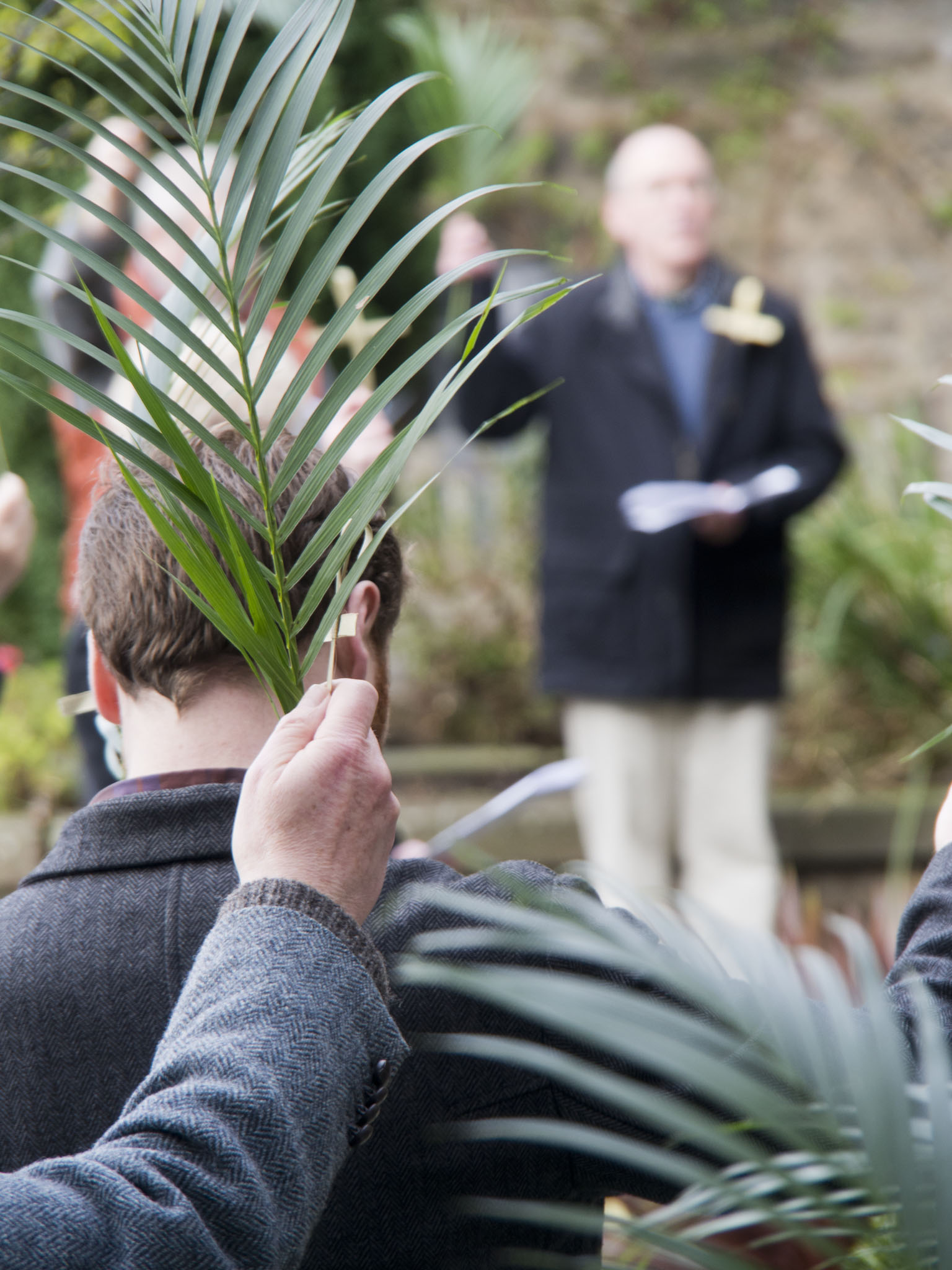Worship
Meeting together for worship and fellowship is, for many of us, the highlight of our week. For most of us, that is on Sundays at 10am, although some of us also gather on Thursdays at 12.30pm. Worship is currently in person and on line, and Sunday services are posted later on our Youtube channel.
We take our worship seriously, yet we are not precious about it. In the flow of worship, the ancient mingles with the contemporary, the formal with the informal. We gather to worship God but never forget that we encounter Christ in each other. It is the worship of the whole church and so the congregation actively participates in many different ways. We especially value music, song and psalmody, drawing on a rich variety of music and hymns and songs. Most of these come from Church Hymnary 4.
When we worship together, we have a reasonably good mix of ages, a balanced ratio of men and women and many who have come from very different traditions. We value our diversity and see it as a strength. We have many gifted lay people and some of them preach from time to time.
We see ourselves like a family in many ways, a small clan-sized group, so we hold one service that all can attend on Sunday mornings. Before the pandemic we also had a monthly evening service (“St C’s@6”) and we are looking to rebuild its frequency. It has taken a variety of forms – from Taize worship to a prayer walk, from worship in our garden to reflecting on works of art, from a beautiful evensong to contemplative prayer. We follow it with refreshments of one kind or another.
Every Thursday we have short, informal communion service, followed by lunch together in a local pub.
Sunday morning and Thursday lunchtime services are both in person and online.
‘The meaning of Jesus Christ is God’s concern for and presence in this world. The Christian faith is not about some god who is an abstract presence somewhere else, but about the living presence of God here and now, in this world, in exactly this world, as people know it, and see it, and touch it, and smell it, and live and work in it. That is why, incidentally, all the well meant talk of ‘making the gospel relevant’ to the life of the world is obscene: it secretly assumes that God is a stranger among us, who has to be introduced to us and to our anxieties and triumphs and issues and efforts. The meaning of Jesus Christ is that the Word of God is addressed to people, to all people, in the very events and relationships, any and every one of them which constitute our existence in this world. That is the theology of the incarnation.’ William Stringfellow





